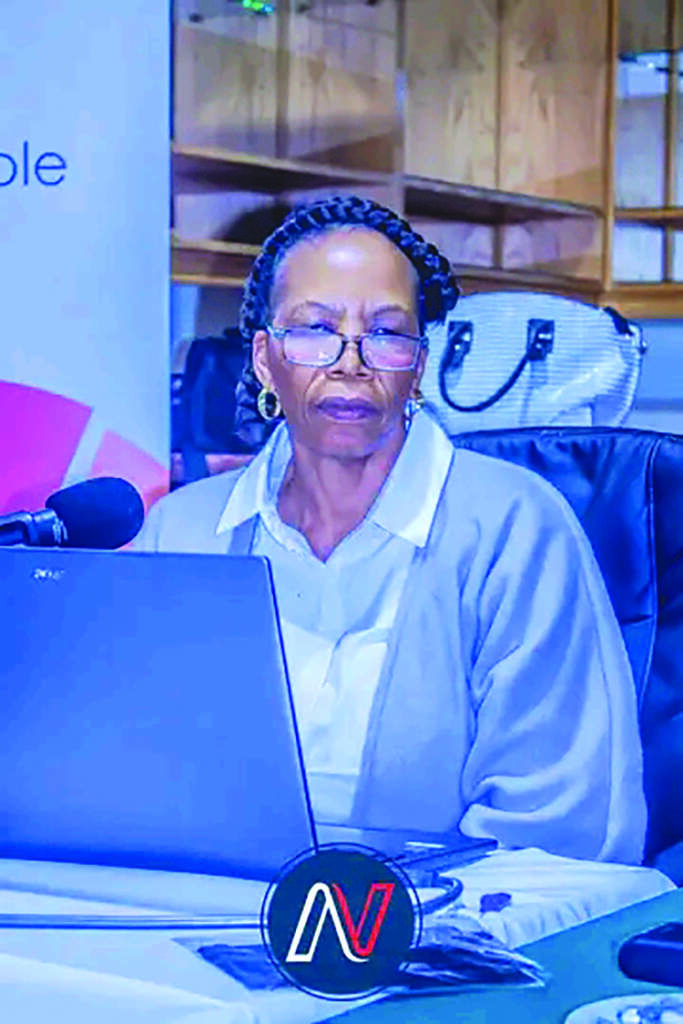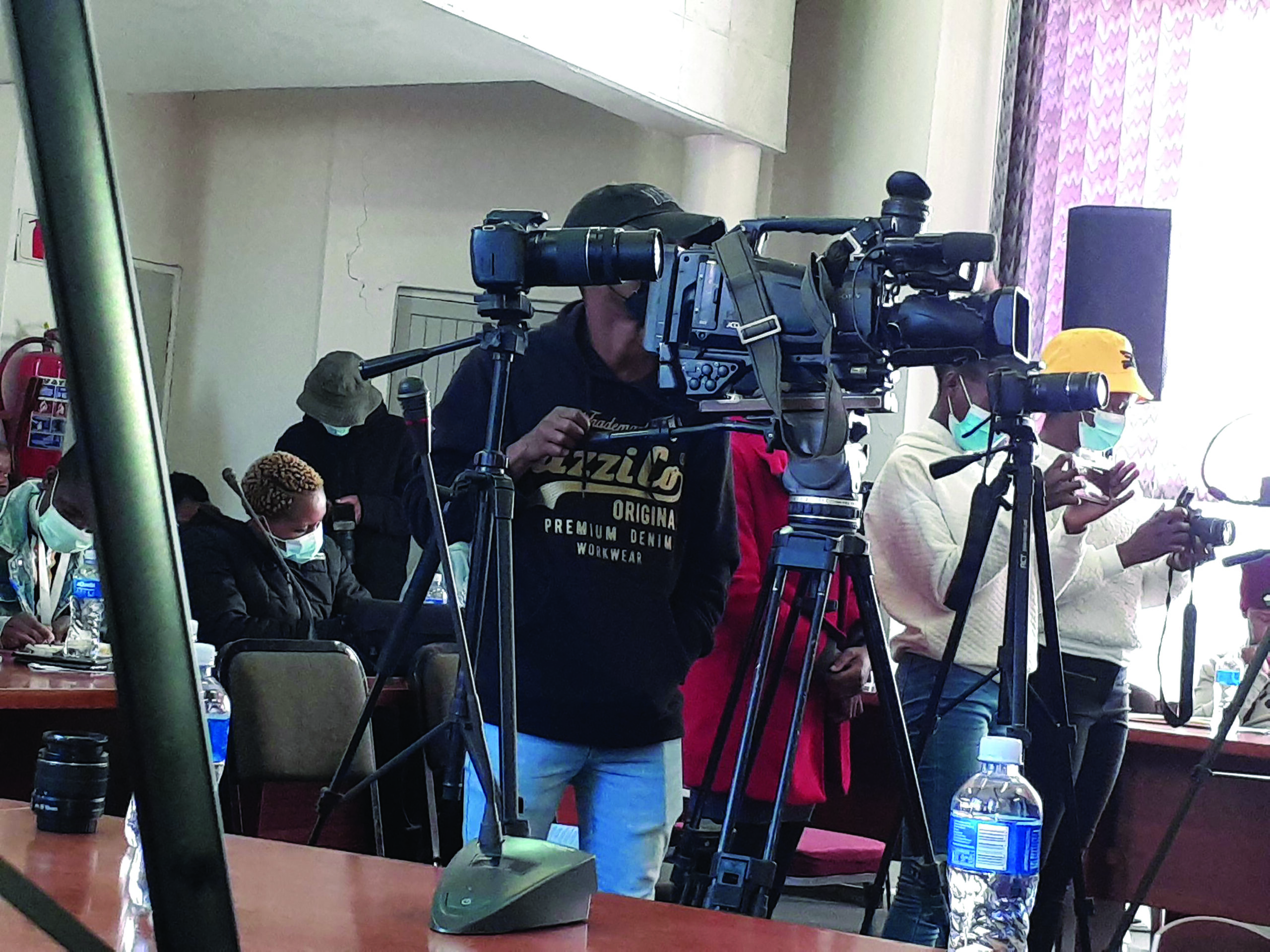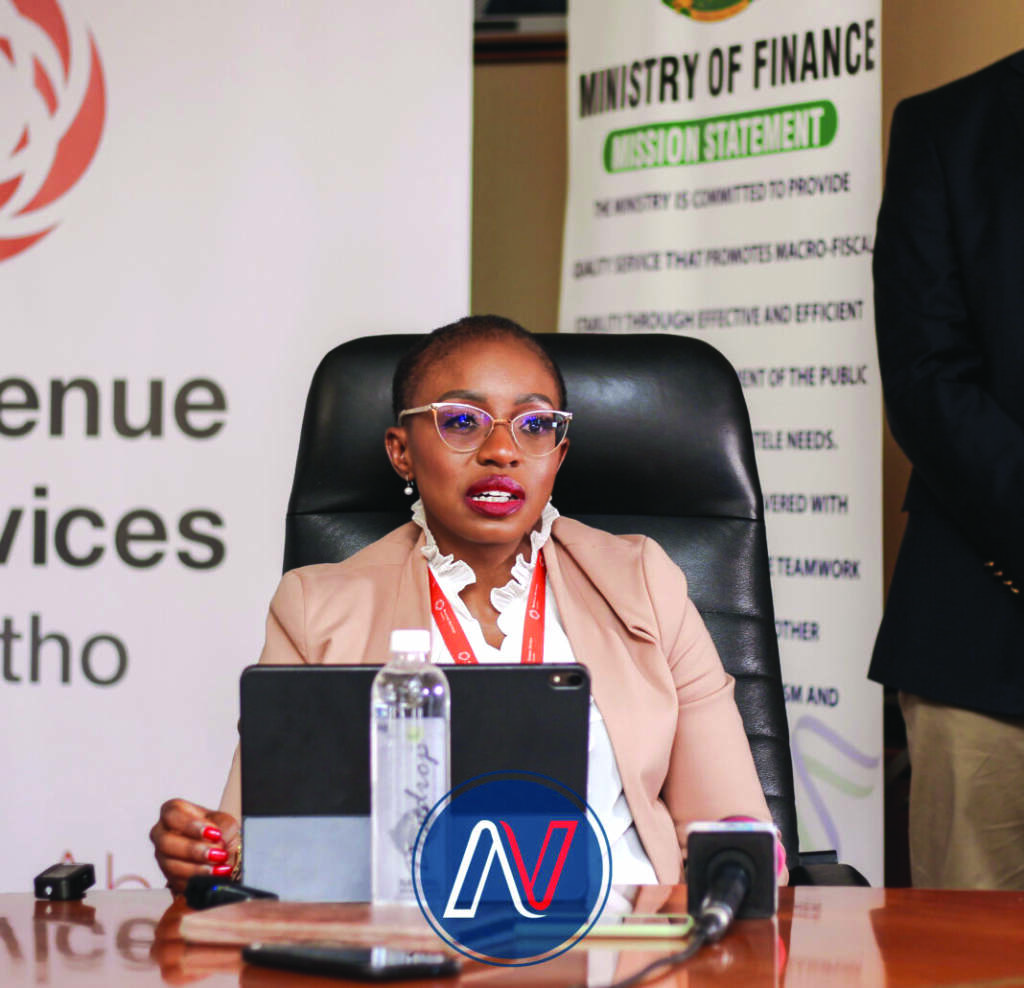Lehlohonolo Motšoari
A recent Afrobarometer survey has revealed a stark perception among Basotho regarding the state of corruption in their country, with many indicating a notable rise over the past year.
The study, conducted by Advision Lesotho on behalf of Afrobarometer, interviewed 1,200 adult Basotho in March 2024, yielding insights that shed light on public sentiment toward corruption across various institutions.
According to the survey, six in 10 Basotho (61 percent) believe that corruption has increased “somewhat” or “a lot” in the preceding year. This sentiment marks a significant apprehension among citizens, reflecting broader dissatisfaction with governance and accountability.
Among the institutions evaluated, the police emerge as the most widely perceived as corrupt, with 59 percent of respondents viewing “most” or “all” police officers through a lens of corruption.
However, the survey indicates a notable shift in perceptions toward the Office of the Prime Minister and the judiciary. Perceived corruption also improved for parliamentarians (by nine percentage points) but worsened for the police (by seven points).
Compared to 2022, there has been a sharp decline in the perceived corruption within these institutions. Specifically, perceptions of corruption in the Prime Minister’s Office decreased by 26 percentage points to 30 percent, while views on judges and magistrates improved by 24 points to 28 percent.
The survey highlights the direct impact of corruption on Basotho citizens.
Among Basotho who sought key public services during the previous year, one-fifth said they had to pay a bribe to get a government identity document (22 percent) and to avoid problems with the police (21 percent).
One in eight (12 percent) said they had to pay a bribe to get police assistance, while four percent paid a bribe to obtain medical care.
Compared to 2017, the proportion who had to pay a bribe increased for those seeking a government identity document (from six percent to 22 percent), trying to avoid a problem with the police (from 16 percent to 21 percent), and requesting police assistance (from seven percent to 12 percent)
Afrobarometer, a respected pan-African survey research network, conducted face-to-face interviews with a nationally representative sample. The margin of error for the survey is +/- 3 percentage points at a 95 percent confidence level, ensuring robust and reliable insights into public opinion.
Earlier this month, this publication reported that the most recent Afrobarometer study published on June 12, had revealed alarming levels of difficulty and corruption faced by Basotho when attempting to obtain essential government identity documents and other services.
According to these June 12 survey results, nearly three in ten Basotho attempted to secure crucial documents such as birth certificates, driver’s licenses, passports, voter’s cards, or permits from the government in the past year.
Shockingly, a staggering 64 percent of these individuals reported that obtaining these documents was an arduous task, with half of them describing the process as “very difficult”.
The most distressing revelation from the survey was the prevalence of bribery. Approximately 22 percent of respondents admitted to paying bribes to facilitate the issuance of required documents, a drastic increase from six percent in 2017.
This alarming trend underscored a deep-seated issue of corruption within government service delivery, where citizens are compelled to resort to unlawful means simply to access their rightful documents.
Furthermore, the report highlighted an alarming statistic regarding police assistance. Of the 21 percent who sought help from the police in the past year, a troubling 12 percent disclosed that they had to grease palms with bribes to obtain the necessary assistance.
In the healthcare sector, although to a lesser extent, four percent of respondents disclosed paying bribes to health workers or hospital staff to access medical care or services.
Summary
- Among the institutions evaluated, the police emerge as the most widely perceived as corrupt, with 59 percent of respondents viewing “most” or “all” police officers through a lens of corruption.
- Compared to 2017, the proportion who had to pay a bribe increased for those seeking a government identity document (from six percent to 22 percent), trying to avoid a problem with the police (from 16 percent to 21 percent), and requesting police assistance (from seven percent to 12 percent).
- Of the 21 percent who sought help from the police in the past year, a troubling 12 percent disclosed that they had to grease palms with bribes to obtain the necessary assistance.

Your Trusted Source for News and Insights in Lesotho!
At Newsday Media, we are passionate about delivering accurate, timely, and engaging news and multimedia content to our diverse audience. Founded with the vision of revolutionizing the media landscape in Lesotho, we have grown into a leading hybrid media company that blends traditional journalism with innovative digital platforms.










